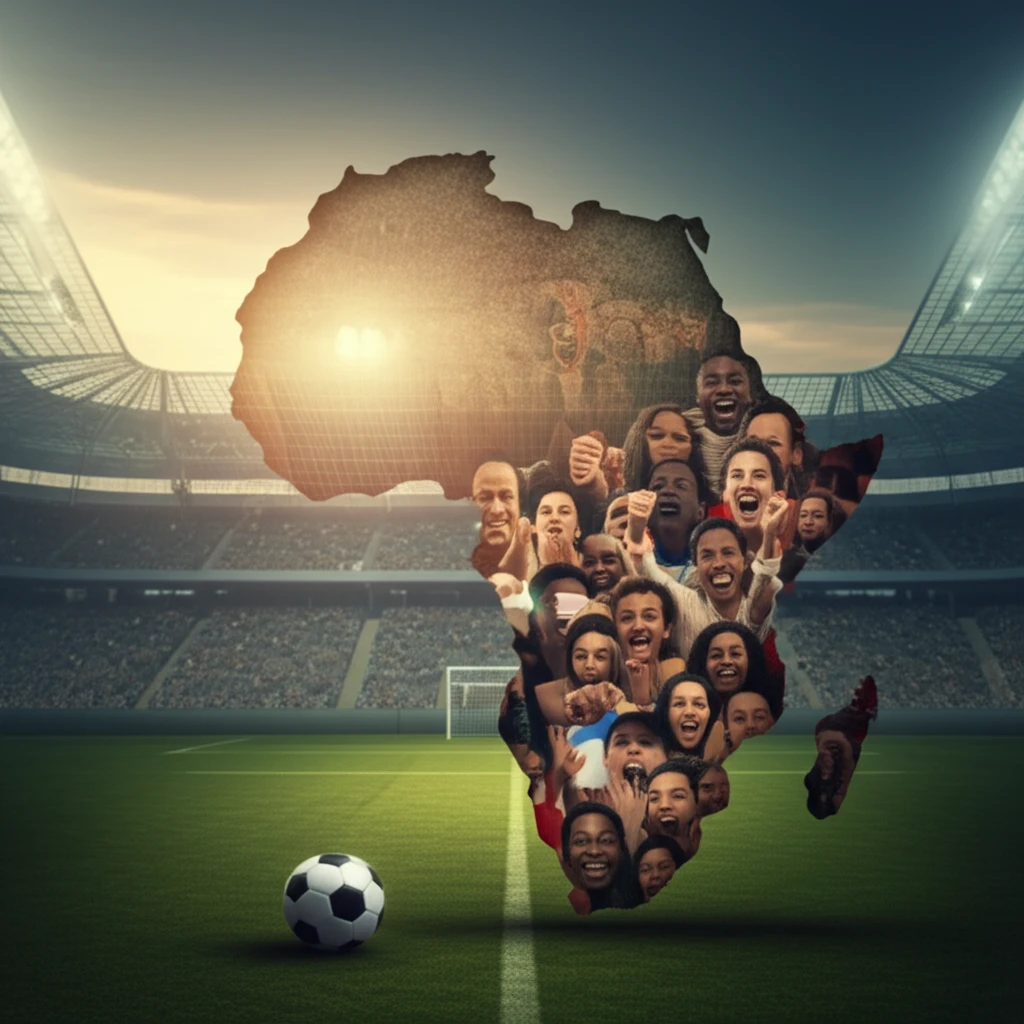
Beyond the Game: How French Football Grapples with Identity, Diaspora, and Discrimination
"A look into the complex issues of cultural identity, racism, and integration within France's beloved national team."
French football, celebrated worldwide, often serves as a mirror reflecting the nation's broader societal challenges. In recent years, the composition of the French national team, Les Bleus, has ignited passionate debates about identity, immigration, and what it truly means to be French. These discussions extend beyond mere sports commentary, delving into the complex intersections of race, culture, and national pride.
A 2011 report alleging discriminatory practices within the French Football Federation (FFF) brought these tensions to the forefront. The report claimed that the FFF was considering implementing quotas to limit the number of players of African and Antillean descent in the national team. This sparked a nationwide uproar, forcing France to confront uncomfortable truths about its colonial past and its ongoing struggles with integration.
This article examines the intricate discourses surrounding players of African and Antillean origin in the French national team. By analyzing media coverage, historical context, and sociological perspectives, we aim to understand how France grapples with its diverse population, the legacy of colonialism, and the ever-evolving concept of national identity in a globalized world. We will explore how the narratives around these players reveal both the celebration of multiculturalism and the persistent undercurrents of racism and xenophobia.
Echoes of Colonialism: The Lingering Shadow

France's relationship with its former colonies has profoundly shaped its social fabric, and this is evident in the composition of its national football team. For decades, players from African and Antillean backgrounds have been integral to the success of Les Bleus. However, their presence has also triggered anxieties about national identity and cultural purity.
- The "Blanc, Noir, et Beur" Narrative: Following France's 1998 World Cup victory, the slogan "Blanc, Noir, et Beur" (White, Black, and Arab) emerged as a symbol of the team's multicultural makeup and a celebration of France's diversity. However, this narrative proved fragile, as subsequent events revealed the deep-seated challenges of integrating diverse communities.
- The 2010 World Cup Debacle and its Aftermath: France's disastrous performance at the 2010 World Cup in South Africa unleashed a wave of criticism and soul-searching. The team's internal conflicts and perceived lack of patriotism were attributed, in some quarters, to the presence of too many players of foreign origin. This scapegoating highlighted the precarious position of these players, who were expected to embody French values while simultaneously being scrutinized for their cultural background.
- The Quota Scandal: The 2011 quota scandal further exposed the fault lines in French society. The alleged plan to limit the number of non-white players in the national team sparked outrage and accusations of institutional racism. While the FFF denied the existence of such a plan, the incident raised serious questions about the representation and treatment of minority players in French football.
Finding a Path Forward: Recognition and Conviviality
The challenges facing French football are emblematic of the broader struggles faced by multicultural societies around the world. How can nations reconcile their historical narratives with the realities of diverse populations? How can they ensure that all citizens feel a sense of belonging and have the opportunity to thrive?
The concept of "conviviality," as articulated by Paul Gilroy, offers a potential path forward. Conviviality emphasizes the importance of recognizing and respecting cultural differences while fostering a shared sense of humanity. It calls for moving beyond mere tolerance to embrace genuine understanding and empathy.
Ultimately, the future of French football and French society depends on the ability to create a space where all individuals, regardless of their origin or background, feel valued and respected. This requires confronting uncomfortable truths about the past, challenging prejudice and discrimination, and embracing a vision of national identity that is inclusive and equitable. Only then can France truly celebrate the diversity that enriches its society and its beloved national team.
